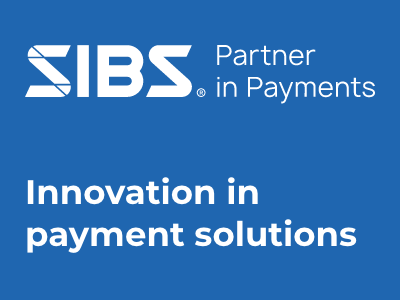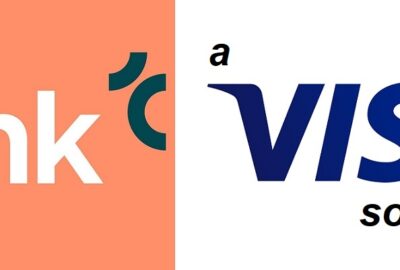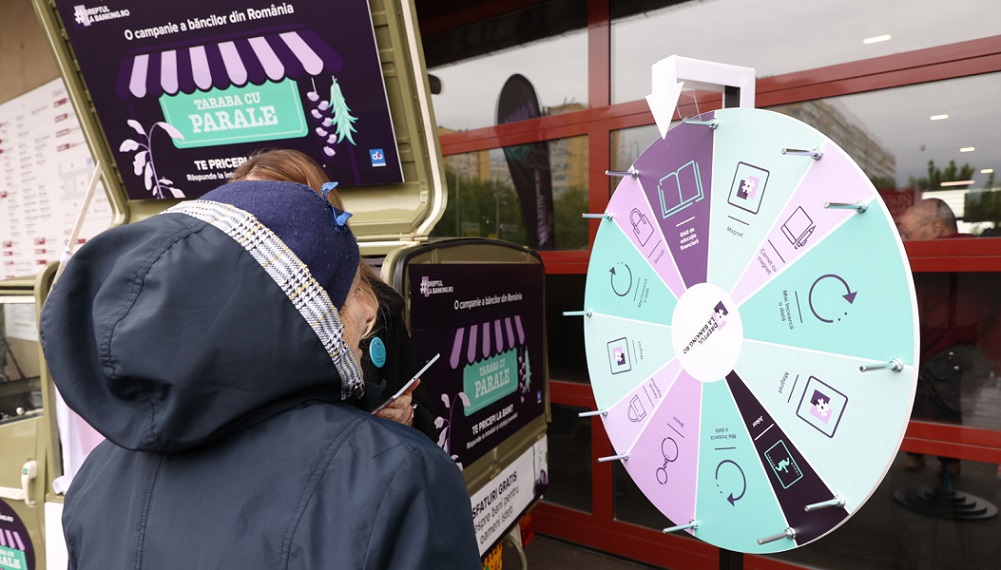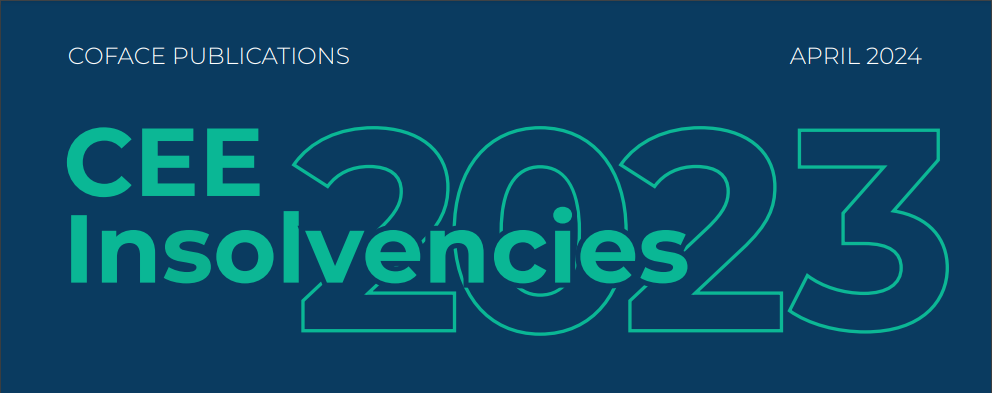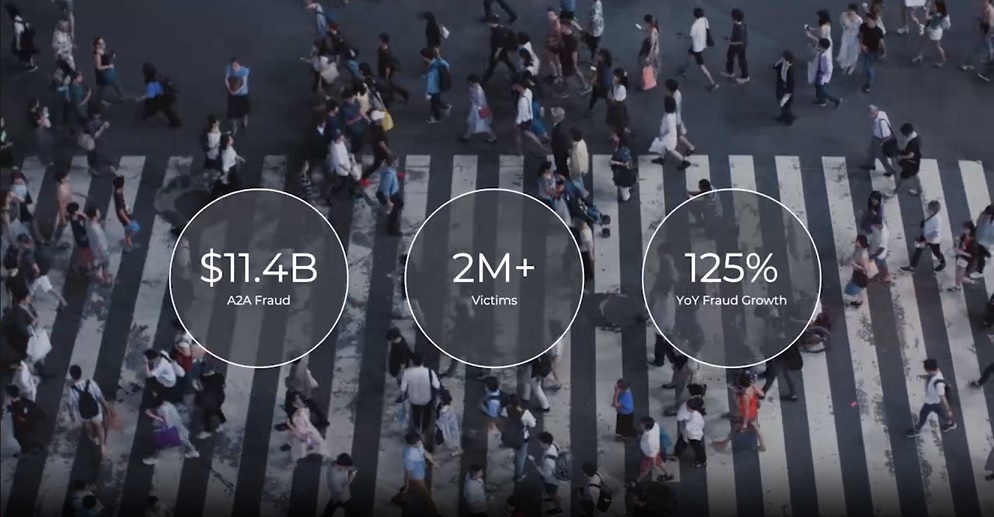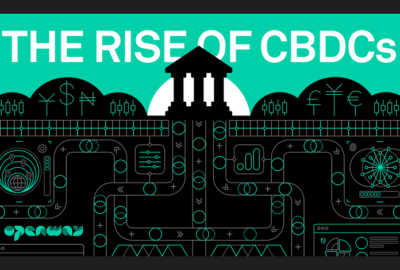Centre for International Governance Innovation: „the G20 should constitute and fund a Central Banks Blockchain Consortium to study the technology”
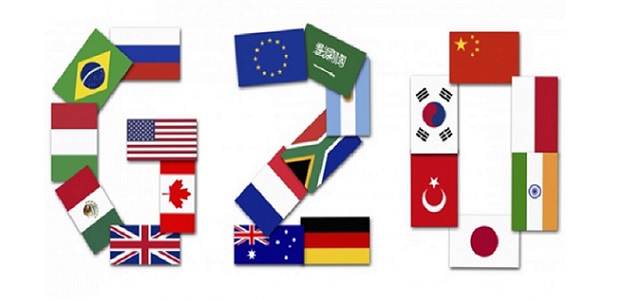
The central banks of the G20 countries should set up a blockchain consortium to study the technology, investigating areas such as the creation of digital national fiat currencies, says a report from the Centre for International Governance Innovation (CIGI).
„At a time when governments must fight to restore the public’s faith in cross-border economic cooperation, blockchains can play a critical role in strengthening economic resilience while ensuring the global economy works to the benefit of all.”, according to the report.
The author says the G20 must take concrete steps to harness the tremendous opportunities and minimize the risks of blockchain technologies in this critical incubative period of their development. By doing so, the G20 can respond to two major contemporary geopolitical challenges.
The first is the prevailing zeitgeist of citizens’ “increasing scepticism towards cross-border trade and open markets”14 and the public’s concomitant distrust in the institutions that structure our global economy. The second is the “risk of an increasing fragmentation of the international economic order brought about by rising anti-globalization sentiments. Blockchains present unique opportunities to address both.
To contribute to economic resilience, the G20 should constitute and fund a Central Banks Blockchain Consortium to study the monetary and fiscal policy implications of the rise of cryptocurrencies and other blockchain technologies. The momentum for such a consortium is already at hand. Many key central banks — including the German Bundesbank, Bank of China, Bank of England, US Federal Reserve, Australian Reserve Bank, South African Reserve Board, European Central Bank and Bank of Japan — have recently disclosed their intensive internal research engagement with blockchain.
These research efforts should be brought together to avoid further duplication and maximize the efficient use of scarce resources. The Central Banks Blockchain Research Consortium should be comprised of technical experts from across the spectrum of economics, law, cryptography, the computational sciences and related fields, with a mandate to objectively explore and evaluate the full panoply of blockchain-based global monetary system options.
The consortium should meet regularly to study and publish independent research on topics such as:
– the possible creation and design features of blockchain-based national fiat currencies and their desirability;
– the co-existence and interaction of fiat and non-fiat cryptocurrencies and the implications of different countries adopting different approaches (for example, Bitcoin, Ether and Zcash, alongside blockchainbased dollars, euros and renminbi); and
– the potential utility of public blockchainbased prediction markets experiments to improve the design and efficacy of national monetary policies and global reserve currency arrangements.
Blockchain-based prediction markets, such as Augur, can supply policy makers with large volumes of real-time data generated by decentralized market participants who are economically incentivized to make and publicize accurate financial predictions. In other words, they allow policy makers to tap the “wisdom of the financially incentivized crowd” as a tool for validating, improving or debunking efficient markets-based and other monetary policy theories.
The report also suggests investigating whether some existing international regulatory regimes – such as the Basel and WTO agreements – can be made more efficient, transparent and accountable by migrating to blockchain-based systems.
Another idea floated by CIGI is the creation of a global regulatory sandbox for the most promising blockchain use cases, enabling testing of services while addressing cross-border regulatory concerns.
Finally, the G20 should partner with other transnational legal and regulatory bodies – such as the International Standards Organization, the International Law Association and the Financial Action Task Force – working on blockchain-related issues.
Says CIGI: „The G20 must act now to exercise innovative leadership and engage in thoughtful experimentation. It must commit to developing appropriate multi-stakeholder initiatives that leverage blockchains’ strengths and foster a more inclusive, open, and accountable global economy for all.”
Anders Olofsson – former Head of Payments Finastra
Banking 4.0 – „how was the experience for you”
„So many people are coming here to Bucharest, people that I see and interact on linkedin and now I get the change to meet them in person. It was like being to the Football World Cup but this was the World Cup on linkedin in payments and open banking.”
Many more interesting quotes in the video below:
